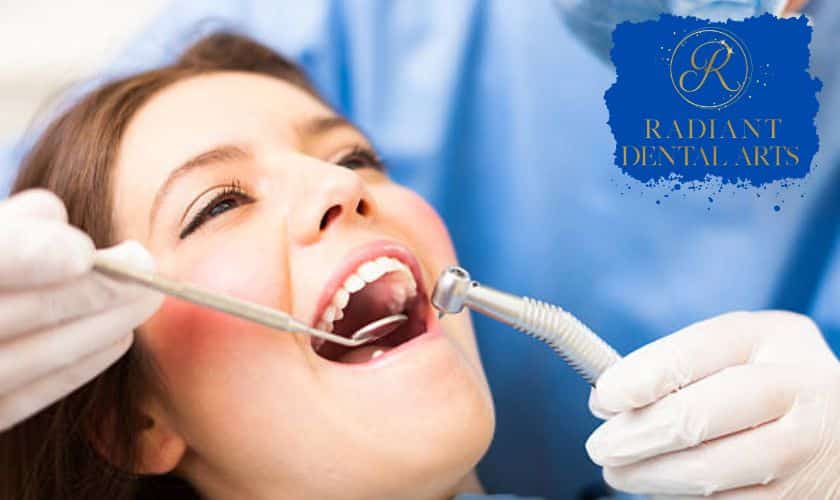Cavities and gum disease, which can get worse with age because of problems with saliva production, receding gums that expose “softer” root surfaces to bacteria that cause decay, trouble flossing and brushing because of poor vision, cognitive problems, chronic diseases, and physical limitations are the leading causes of tooth loss.
Even though more adults keep their teeth, many still need to see a dentist. This need is even more significant for some racial and ethnic groups. About 3 out of 4 Hispanic and non-Hispanic Black adults and people with lower incomes don’t get the dental care they need. Also, these people are likely to say they have bad oral health.Also, some adults may have trouble getting to the dentist.
Some Problems That Adults Have With Their Oral Health Are:
Untreated Tooth Decay
About 26% of adults in the United States have tooth decay that hasn’t been treated. Low-income Adults who don’t have more than high school education, aren’t Hispanic, and smoke is twice as likely as other groups to have cavities that haven’t been fixed.
Gum Disease
Nearly half (46%) of adults 30 and older show signs of gum disease. About 9% of adults have severe gum disease.
Loss Of Teeth
Cavities and gum disease can cause you to lose your teeth if they are not treated. When you have eight teeth or less, you can’t eat as many meats, fruits, and vegetables as you would like. This makes it harder to eat healthy foods. Some long-term conditions can cause you to lose a lot of teeth, which can hurt your quality of life and make it hard to eat healthy foods. Complete tooth loss in adults ages 20–64 has decreased over time, but some groups still have differences.
People with low incomes who smoke are still more likely to have lost all of their teeth as adults (6%) than people with higher incomes or who have never smoked (1%).
Oral Cancer
Oral cancer is most common in older adults, hefty smokers, and drinkers over 55. Chemotherapy for cancer can cause problems in the mouth, such as painful mouth ulcers, a loss of taste, and a dry mouth.
Long-Term Illnesses
A long-term illness like arthritis, heart disease or stroke, diabetes, emphysema, hepatitis C, a liver condition, or being overweight can make a person more likely to lose teeth and have bad oral health.
Some oral problems are more likely to happen to people whose immune systems aren’t as strong. This includes people with HIV or other conditions (like organ transplants) and people who take certain medications (like steroids).
Chronic, disabling diseases like jaw joint diseases (TMD), autoimmune diseases like Sjogren’s Syndrome, and osteoporosis affect millions of Americans and make it hard for them to keep their teeth and mouths healthy and to work. Women are more likely to have these diseases than men.
It Is Important For Pregnant Women to Practice Good Dental Hygiene
When you’re pregnant, you may be more likely to get gum disease and cavities, which can be bad for your baby’s health. To protect your teeth, do these three things:
- See a dentist (it’s safe!) before you deliver
- Twice a day, brush.
- Daily floss
If you feel sick, mix one teaspoon of baking soda with a glass of water and rinse your mouth. This helps wash away stomach acid and protect the enamel on your teeth.
When Should You Call the Dentist?
Call your dentist immediately if your tooth pain is severe, throbbing, or won’t go away. Food stuck between the teeth or gums, an infection at the root of the tooth or between the gums (tooth abscess), or advanced gingivitis can all cause pain (gum disease). You can visit our dentists in San Diego for more information regarding problems related to adult oral health.

